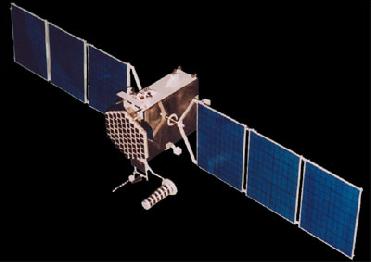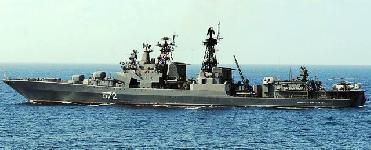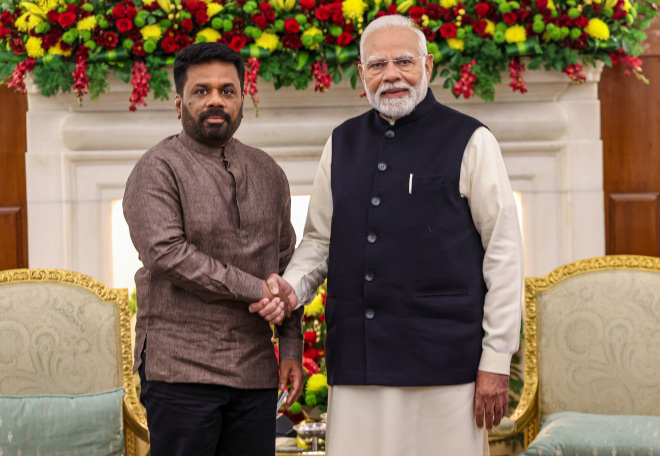
A file photo of GLONASS satellite
ST. PETERSBURG (BNS): Russia will continue to fund its GLONASS satellite programme till 2011, an official of the country’s space agency Roskosmos has said.
Six GLONASS-M satellites are put into orbit every year for normal operation of the system, Reshetnev Information Satellite Systems first deputy chief designer Viktor Kosenko said at a conference here on Monday.
Nineteen GLONASS-M satellites and one GLONASS satellite have been operating in orbit since March 8, 2009. “All 20 satellites are operating normally,” Kosenko was quoted as saying by Itar-Tass news agency.
At the second stage, the number of satellites will be increased to 24 in 2010, the official said, adding that the system will be developed using innovative GLONASS-K satellites.
For the satellite signals to be received continuously across Russia, the system needs at least 18 operating satellites, and 24 satellites for global coverage.
The Global Navigation Satellite System (GLONASS), which began in 1976, was aimed at global coverage by 1991 but could not meet its objective following the collapse of Soviet economy.
However in 2001, Russia decided to restore the system and has diversified and accelerated the programme aiming at global coverage by 2009.
GLONASS is the Russian version of the US Global Positioning System (GPS), designed for both military and civilian use. A fully operational GLONASS system consists of 24 satellites.
Work is underway to modernise the system. The new GLONASS-M satellites have better signal characteristics as well as longer design life (7-8 years instead of the current 3 years). In future, the system should use low mass third generation GLONASS-K satellites with a guaranteed lifespan of 10 years, the news agency said.
 Previous Article
Previous Article













The Indian Air Force, in its flight trials evaluation report submitted before the Defence Ministry l..
view articleAn insight into the Medium Multi-Role Combat Aircraft competition...
view articleSky enthusiasts can now spot the International Space Station (ISS) commanded by Indian-American astr..
view article